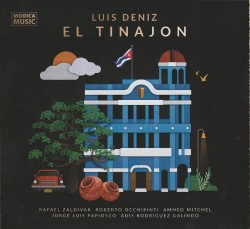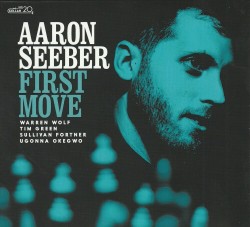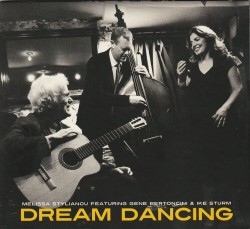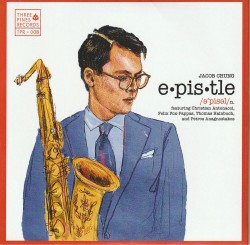Live at the Mezzrow - Sheila Jordan w/Alan Broadbent; Harvie
 Live at the Mezzrow
Live at the Mezzrow
Sheila Jordan w/Alan Broadbent; Harvie
Cellar Music CMSLF002 (cellarlive.com)
The new release from jazz chanteuse extrordinaire, Sheila Jordan, was recorded “LIVE” at New York City’s Mezzrow on October 25, 2021. The recording is not only a major triumph for the esteemed vocal jazz icon, whose career spans over 70 years, but also marks the first release of the SmallsLIVE Living Masters Series under the umbrella of Vancouver and NYC-based saxophonist/producer Cory Weeds’ Cellar Music Group. Smalls and Mezzrow owner/pianist Spike Wilner and Weeds serve as executive producers here, and Jordan’s musical partners include the brilliant Australian/American pianist/composer, Alan Broadbent as well as her longtime collaborator, NYC’s Harvie S on bass.
Jordan includes unique be-bop-centric versions of beloved standards from the likes of Ray Noble, Cole Porter, Rodgers and Hart and Hoagy Carmichael, as well as more contemporary tunes from Miles Davis, Charlie Parker and Shirley Horn. The common threads of this diverse material are the gorgeous and challenging melodic lines, which Jordan has imbued with her own spontaneous and honest improvisations.
Top tracks include Abbey Lincoln’s Bird Alone – a moving ballad that Jordan saturates with meaning and gravitas and Noble’s The Touch of Your Lips, which captures the humour of the delightful Jordan, and includes the rarely performed “verse” which effortlessly segues into a gently swinging soufflé of boppish scatting. The Bird & Confirmation (Horn/Parker) is an inspired medley, and a true highlight. The passion with which it is performed is part and parcel of Jordan’s unique perspective of establishing a lyrical line that later morphs into an exploration of time, tones and ‘tudes. Of special note is Vernon Duke’s immortal Autumn in New York featuring an exquisite arco solo from Harvie, Broadbent’s meaningful touch and the inimitable Jordan crooning a love song to the exciting, confusing, endlessly creative city that remains the epicentre of jazz. A triumph!








